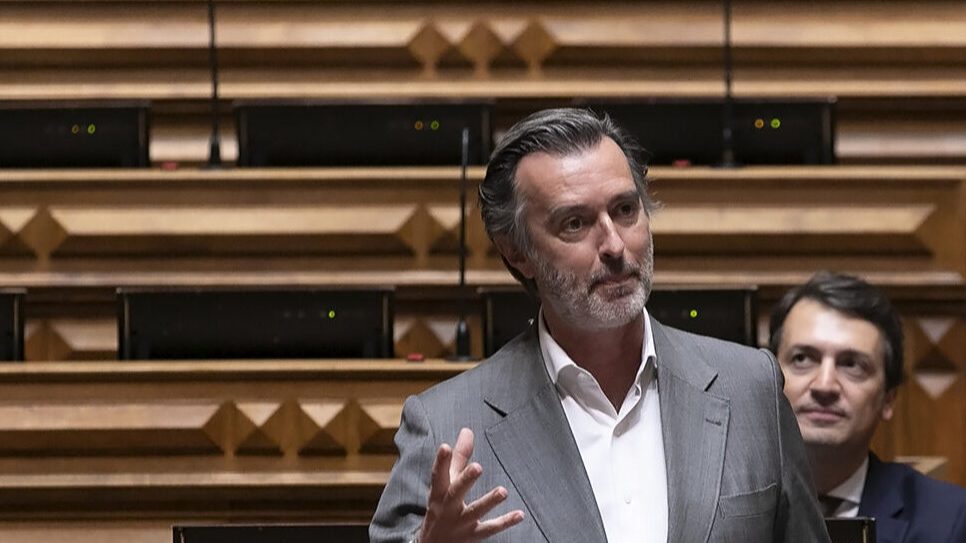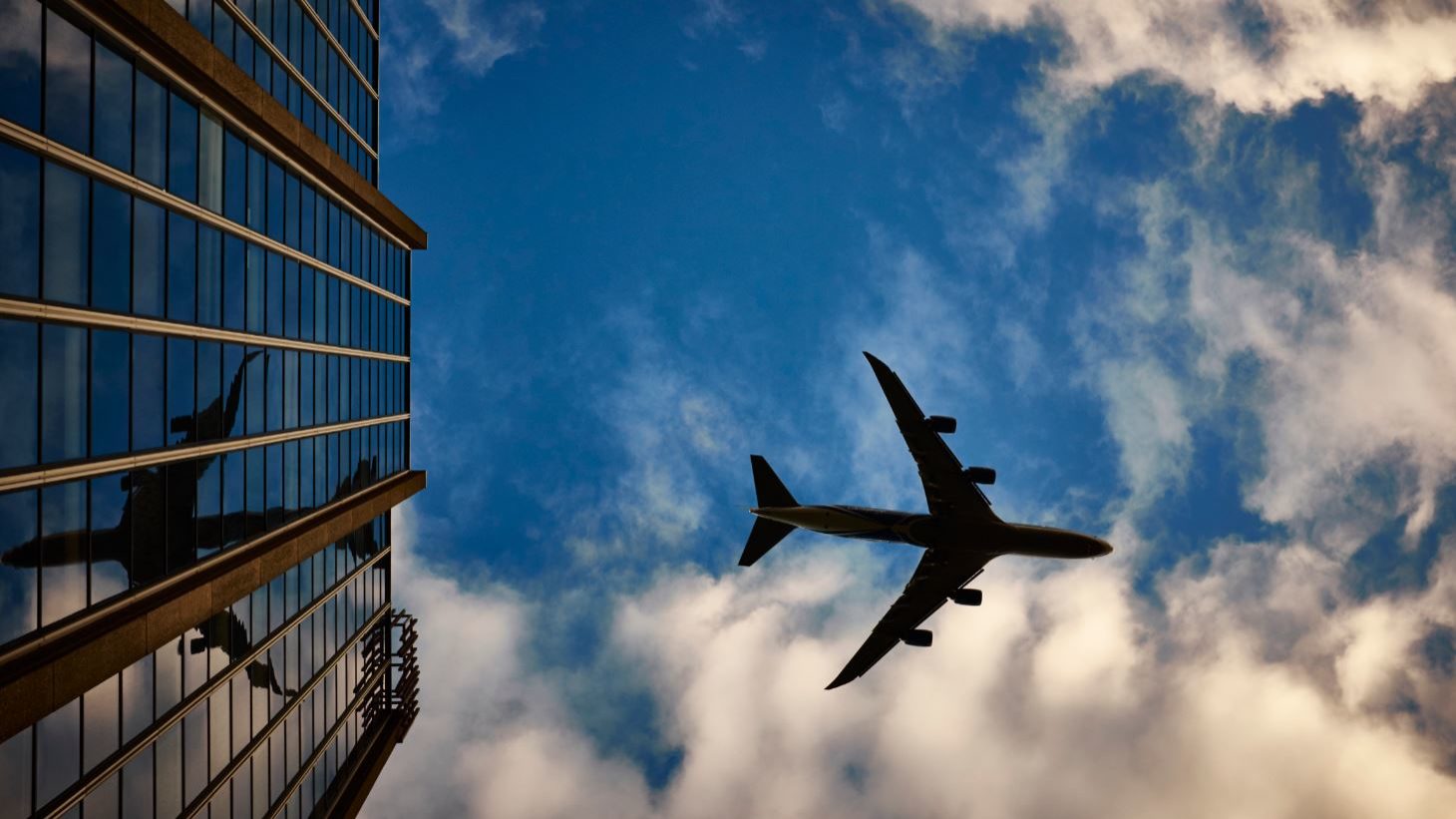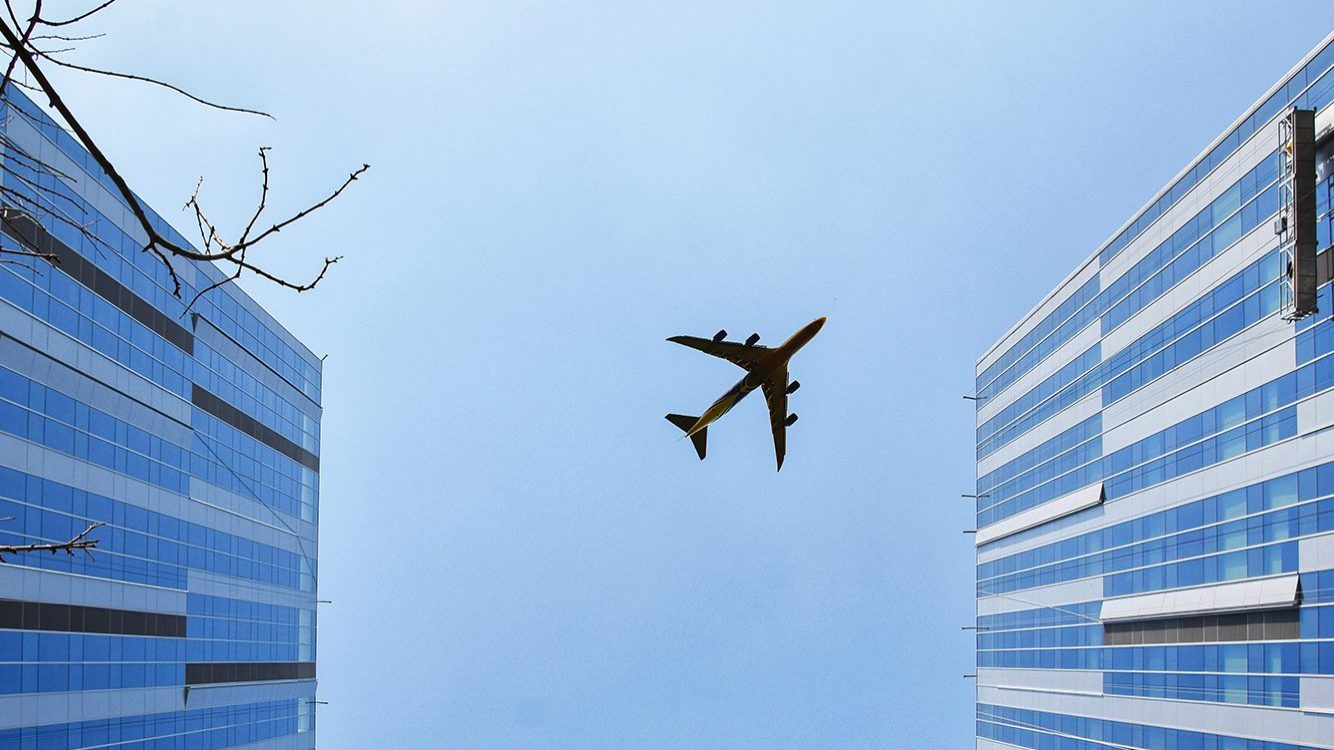Covid-10 tests on passengers from China extended to end of February
In practice, passengers landing in Portugal from flights from China will continue to be subject to random, but compulsory, testing for Covid-19 on arrival.
Portugal’s government has extended the Covid-19 control measures applied to flights from China until the end of February, including random testing of passengers on arrival and the requirement of a negative test on boarding.
The decision is contained in an order published on Friday in the Diário da República, which extends the period of validity of the previous order, of 6 January, until 23:59 on 28 February.
In practice, passengers landing in Portugal from flights from China will continue to be subject to random, but compulsory, testing for Covid-19 on arrival.
In addition, they will have to present a negative PCR or TRAg (rapid antigen test) test on boarding, carried out no more than 48 hours before the start of the flight to Portugal.
Among the measures planned, there is also the monitoring of wastewater at the Humberto Delgado International Airport in Lisbon and on aircraft from China, in order to identify the virus that causes Covid-19 and subsequent genomic sequencing.
The adoption of these measures at the beginning of the year came after a recommendation by the European Union to that effect, following the unprecedented wave of SARS-CoV-2 infections in China when the authorities abandoned the so-called “covid zero” policy.
The dispatch published today states that the World Health Organisation (WHO) has determined that “the world continues to experience a public health emergency of international concern” due to Covid-19, warning of “the need for continued vigilance, prevention and close monitoring of SARS-CoV-2 transmission”.
Among the recommendations issued by the director-general of the WHO, “highlights the need to continue to adopt measures related to international travel based on a risk assessment,” the document said, noting that the epidemiological situation in China “has not changed” since January.
The dispatch is signed by the ministers of foreign affairs, João Gomes Cravinho, of internal administration, José Luís Carneiro, of health, Manuel Pizarro, of infrastructure, João Galamba, and the secretary of state for European affairs, Tiago Antunes.



